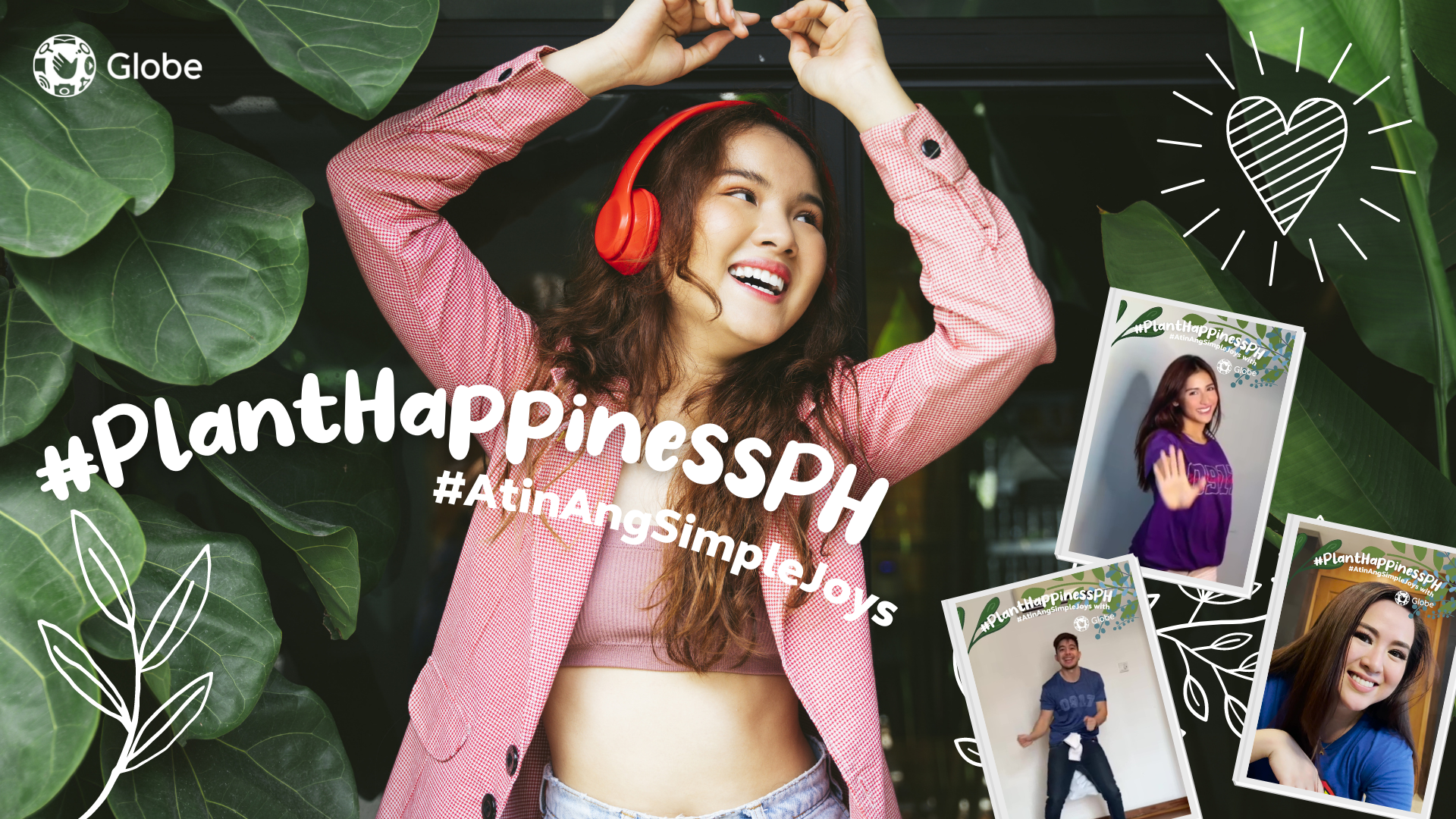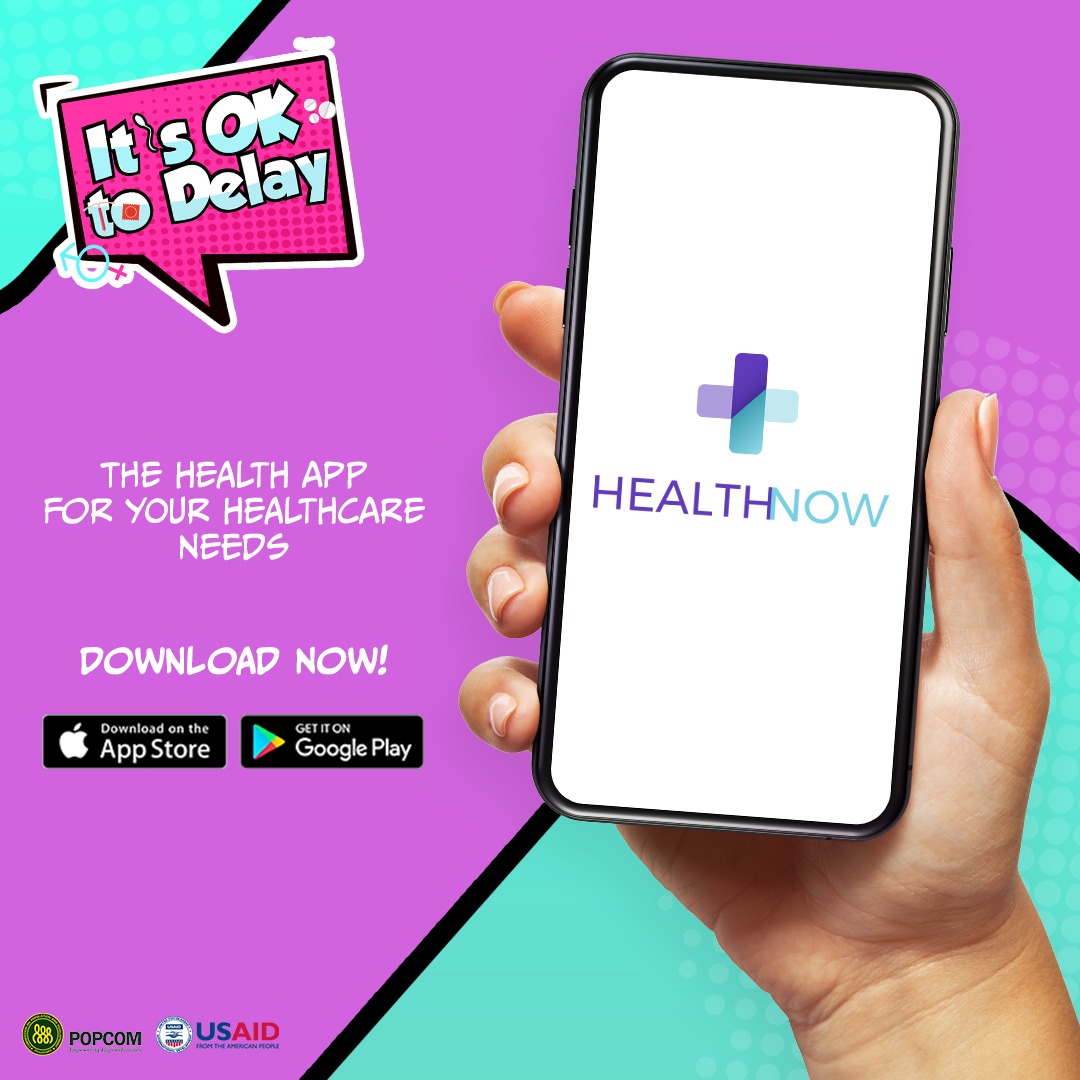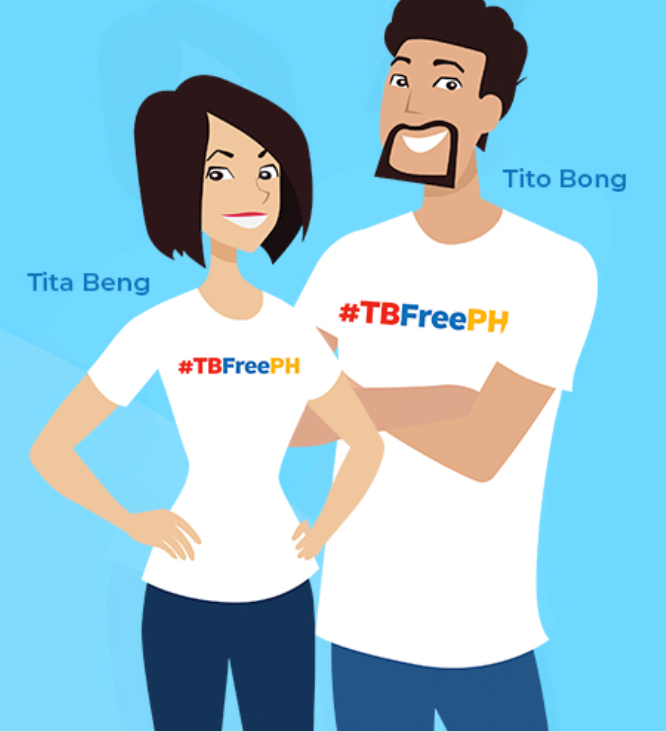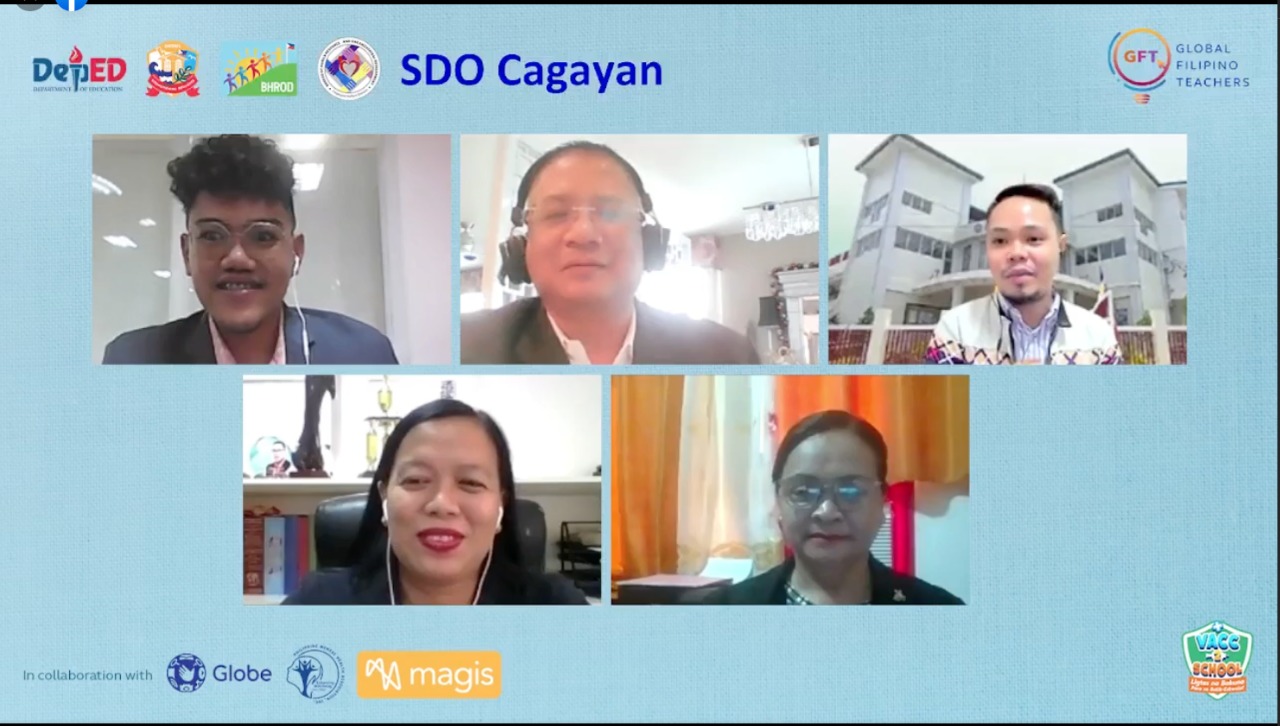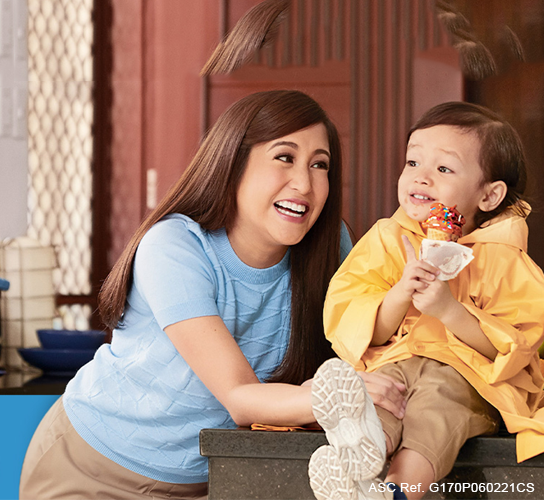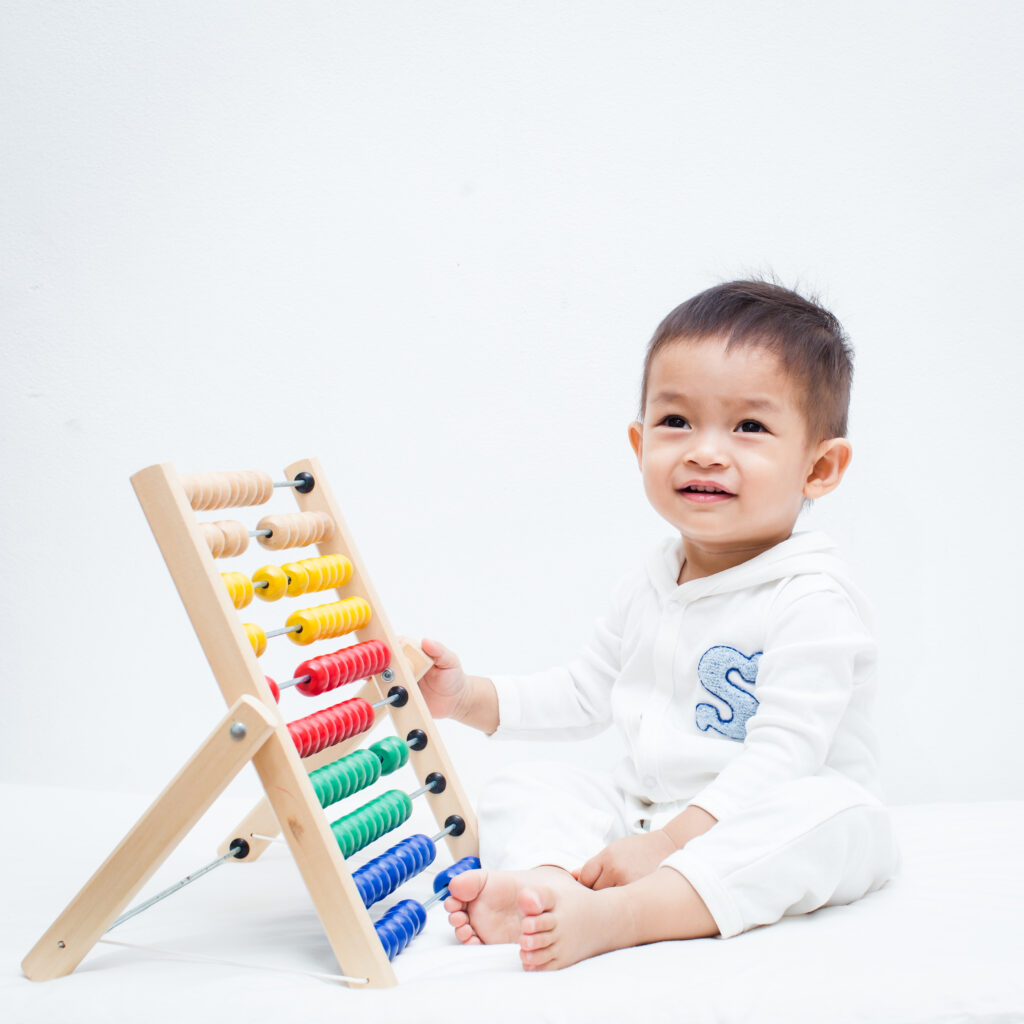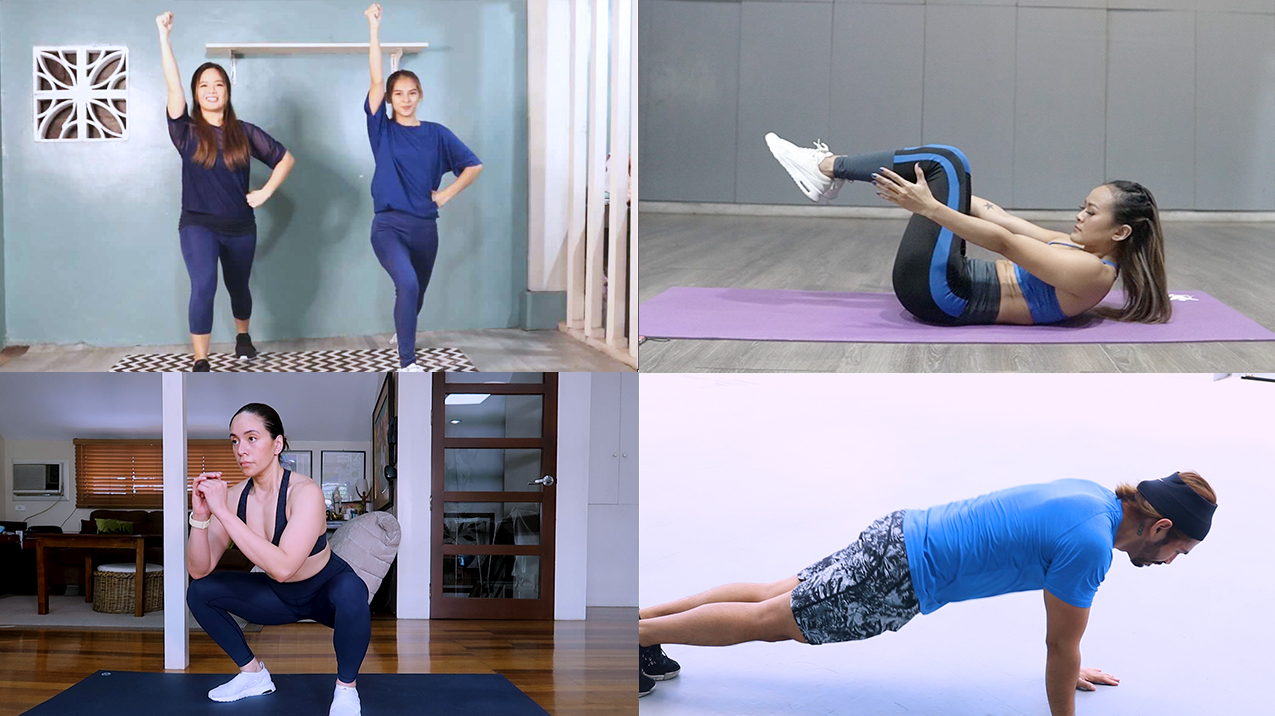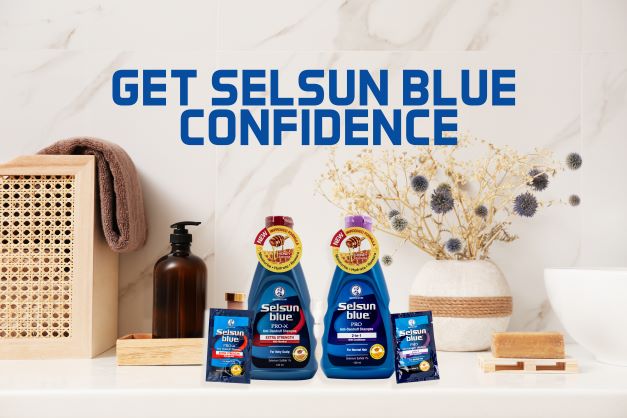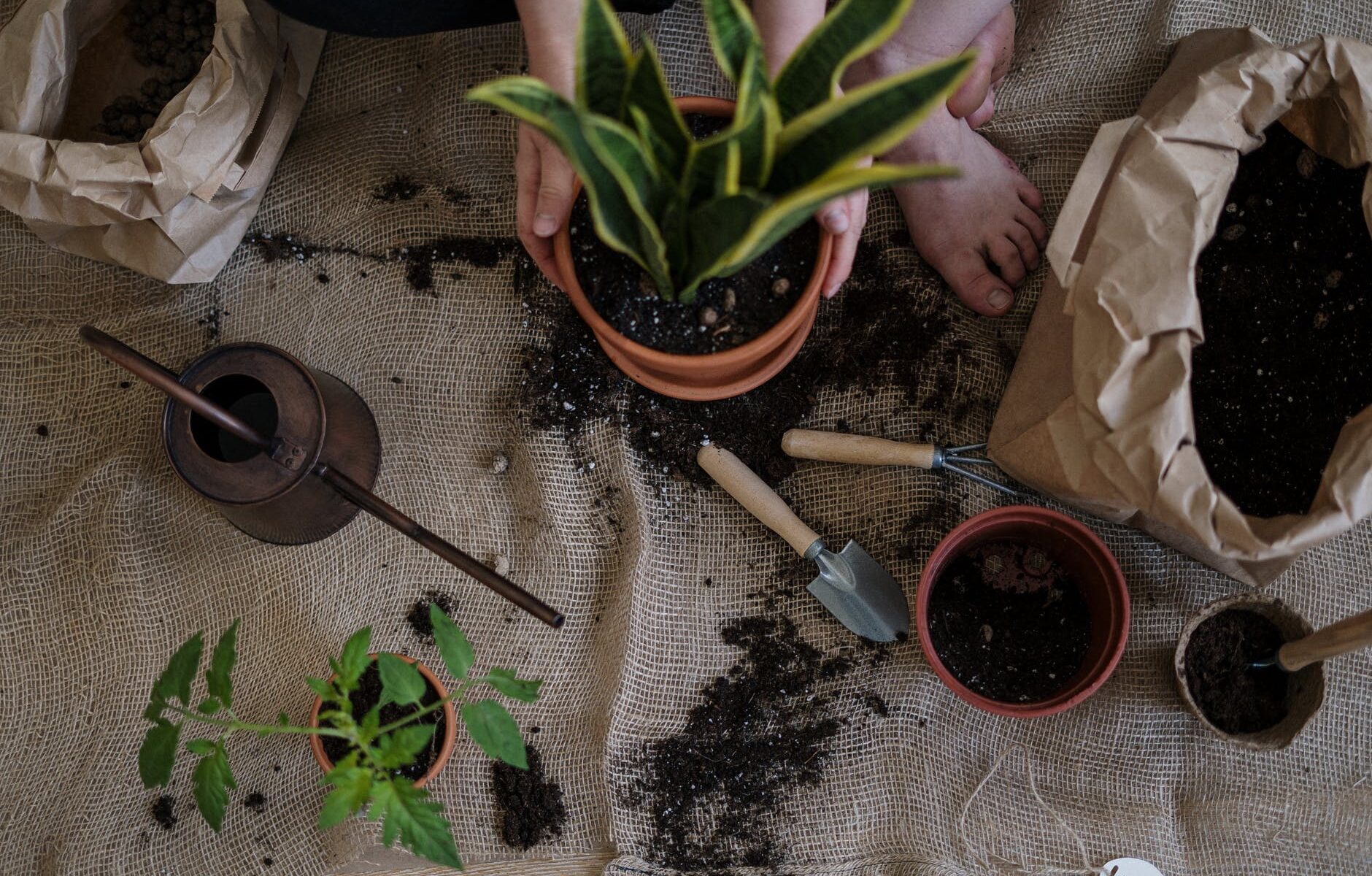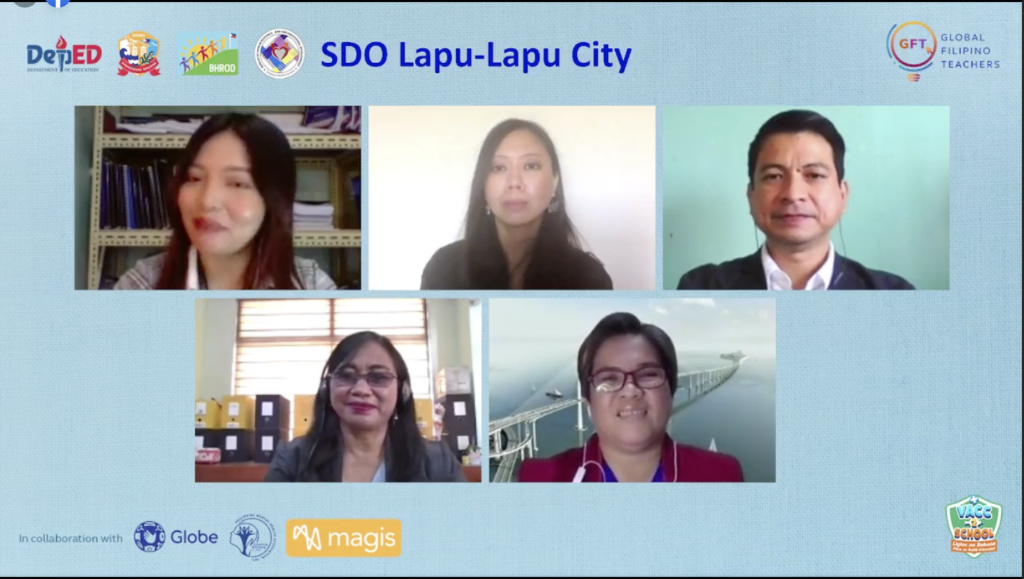There is no denying that most people love eating sweets or foods with high carbohydrates. For Filipinos, it has been a part of our daily lives. That is why we are more prone to have diabetes mellitus.
According to recent data by the Philippine Statistics Authority (PSA), diabetes is the fifth leading cause of death in the country. And while we try to avoid or reduce our consumption of such foods and drinks to live a healthier and better life, there are times when we miss or crave the treats we once loved.
So, fear not because Santé, a premier natural and organic health and wellness product and services provider, brings you its healthy sweetener Sweet Via as a perfect partner with your daily coffee and other treats.
A healthier sweetener
Sweet Via is made of stevia, a natural substitute for sugar, obtained from the leaves of a small perennial green shrub. This plant has shown medicinal properties that are anti-diarrheal, anti-tumor, diuretic, anti-inflammatory, and immunomodulatory actions. Stevia helps to reduce high blood sugar levels and high blood pressure.
Sweet Via also contains inulin, a natural soluble dietary fiber from a chicory plant, for digestive health. It assists in easing constipation, is good for weight loss, and aids in controlling blood sugar levels.
“Sweet Via is an all-natural, plant-based sweetener, which is why it is your healthier kind of sweet. We hope that as Filipinos exchange their usual sweeteners with Sweet Via, we can help them not worry about compromising their health to enjoy the foods and beverages they love,” said Joey Marcelo, chief executive officer of Santé.
To start treating yourself and your loved ones without guilt, try these three healthy, sweet recipes from Santé using Sweet Via.
Skinny Toasted Coconut Frappuccino
If you are missing your usual store-bought, blended iced coffee drinks as your daily energy booster, then this drink is something for you to try.
What you need to prepare:
2 cups of ice cubes
1 cup of coconut milk (canned)
½ cup of brewed coffee
Whipped cream
Toasted coconut (for garnish)
1 packet of Sweet Via
Steps to follow:
- Prepare a blender to mix all the ingredients.
- Put two cups of ice cubes into the blending machine.
- Pour ½ cup of brewed coffee.
- Mix one cup of coconut milk.
- Use one packet of Sweet Via to sweeten.
- Blend until smooth and creamy.
- Garnish with whipped cream and toasted coconut.
Skinny Peanut Butter Mocha
Well, yes, when you hear the word “peanut butter,” the first thing that comes to your mind is that it is a staple spread to partner with your morning bread. However, if you are a peanut butter lover, and seeking something new for your palate, then it is time to treat yourself to this unorthodox drink.
What you need to prepare:
1 cup of brewed coffee
¼ cup of skimmed milk
1 tablespoon of cocoa powder
1 and ½ tablespoon of natural peanut butter
1 packet of Sweet Via
Steps to follow:
- Pour one tablespoon of cocoa powder into a cup.
- Mix one and a half of natural peanut butter.
- Pour one cup of brewed coffee.
- Use one packet of Sweet Via to sweeten.
- Add ¼ cup of skimmed milk for a creamy touch.
Skinny Vanilla Iced Coffee
Nothing truly beats one of the classic coffee drinks we fell in love with. Make yourself and your loved ones this good ole drink and enjoy the perfect blend of vanilla and coffee.
What you need to prepare:
1 cup of ice
1 cup of brewed coffee
½ cup of vanilla almond milk
1 teaspoon of vanilla extract
1 packet of Sweet Via
Steps to follow:
- Prepare a cup of brewed coffee.
- Use one packet of Sweet Via to sweeten.
- Mix ½ cup of vanilla almond milk.
- Add one tablespoon of vanilla extract.
- Pour caffeine mix into a cup of ice.
Indeed, the tagline “Sincerely, A Treat Without the Guilt” means that Sweet Via can be the perfect partner for your coffee and other treats every day. Enjoy the delight of sweetness without the worry of getting your health at risk. Sweet Via is ideal for weight management as it does not increase sugar levels, making it a sweet exchange for your usual sweeteners.
Switching to Sweet Via may feel like a simple step in changing your diet. But it is usually the small but attainable efforts to change your lifestyle that yield incredible and consistent results. Coupled with good eating habits and ample exercise, choosing Sweet Via can kickstart great change for your overall health.
Sweet Via and other Santé products are organic health and wellness products offered by Santé, known for developing a comprehensive selection of everyday barley-based products. They are designed to improve people’s quality of life to live more and do more.
Santé is one of the leading global manufacturers of certified barley grass grown and harvested from New Zealand. With its mission to help people live better lives, the company promotes, produces, and distributes premier natural health and wellness products and services. Today, Santé has expanded its offerings, including a fitness and rehabilitation center with Santé Fitness Lab, staying true to its thrust of promoting a healthy lifestyle.
To learn more about Sweet Via and other Santé products, visit its website at mysante.com.
#SweetVia #Sante #rubyspreciousmoments #rubyasoyph








